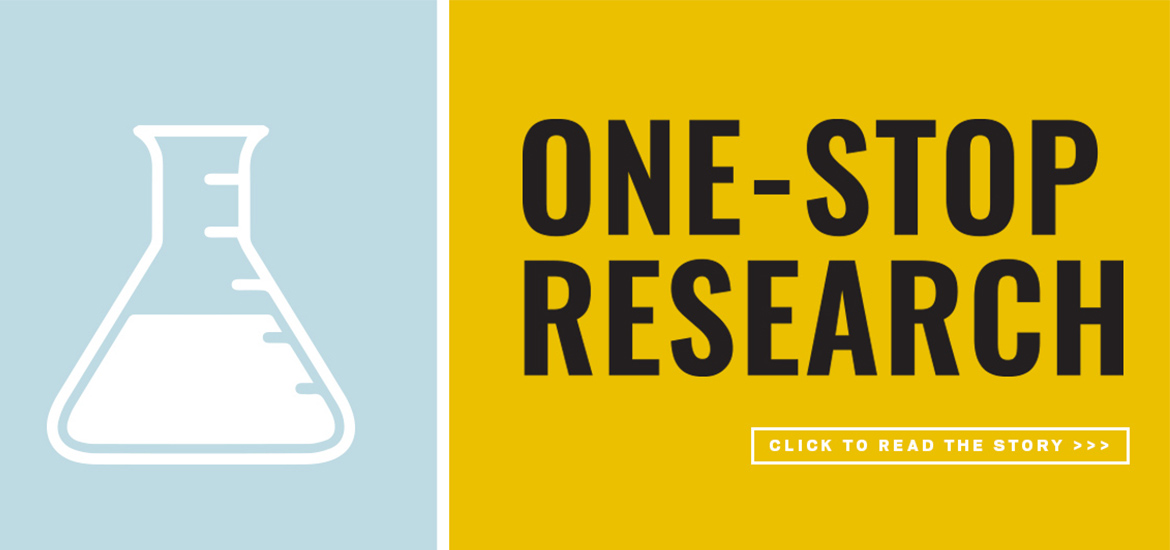One-Stop Research


A life sciences business incubator at a major research institution is nothing new, Bill Turpin says. But one area where MU stands out is variety — the university has all the major sciences on one campus.
The combination of medical and veterinary sciences is becoming a huge advantage for life sciences companies, Turpin says. Before a new drug can be tested on humans, preclinical experiments are done on animals. Tensive Controls CEO Ken Gruber chose to move his company from North Carolina to Columbia because MU was one of the only schools that could give him adequate access to animals.
Tensive Controls, a MIC client, is developing a drug to treat a wasting disease called cachexia that is common in cancer patients. It causes muscle atrophy and extreme weight loss, and traditional drugs are ineffective.
It turns out dogs, like humans, are susceptible to many kinds of cancer and, like humans, are at risk of getting cachexia. When dog owners hear there’s a drug trial that could keep their pet alive a little longer, they often take the chance to try it — and that moves Tensive Controls closer to FDA approval.


